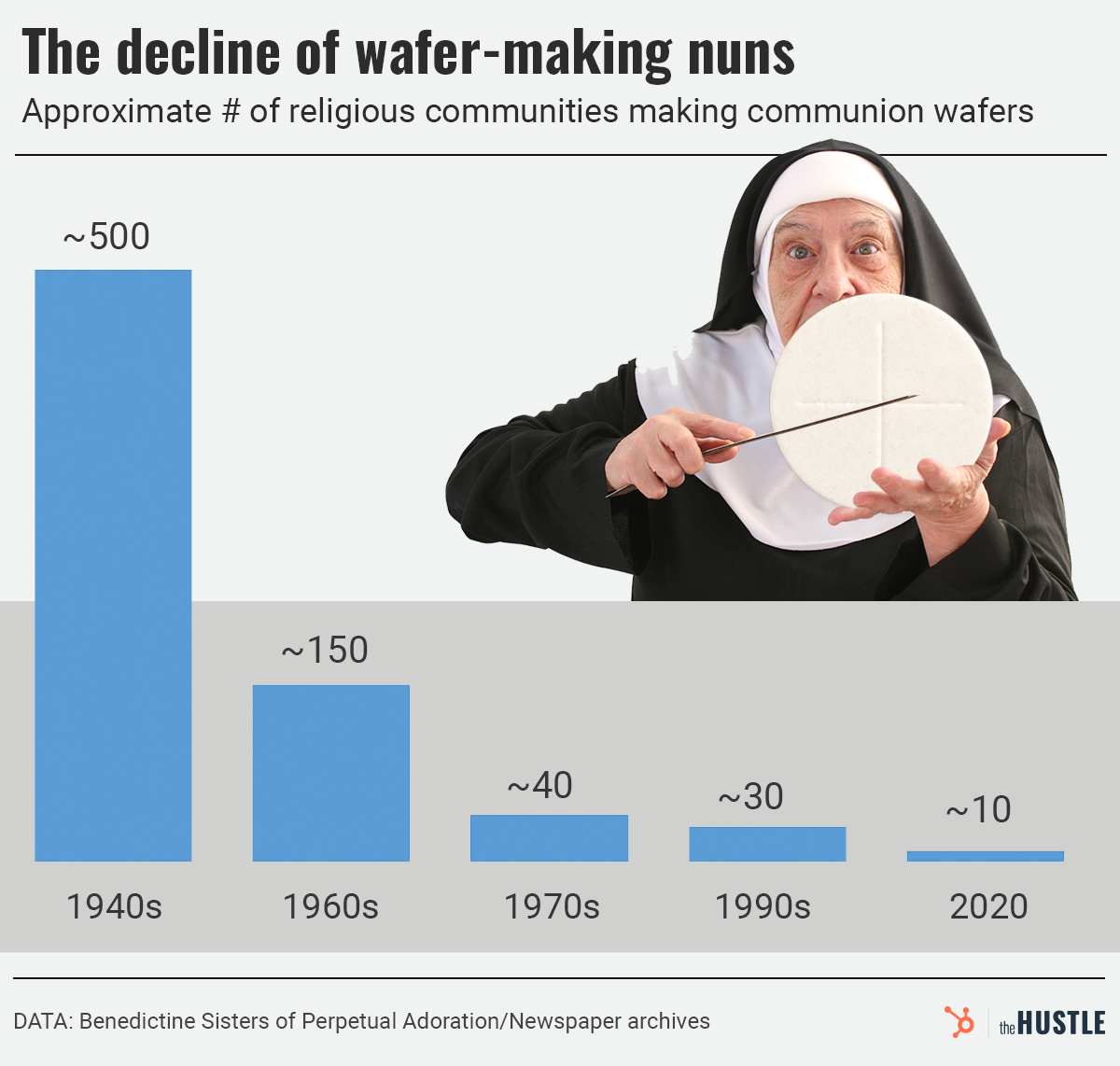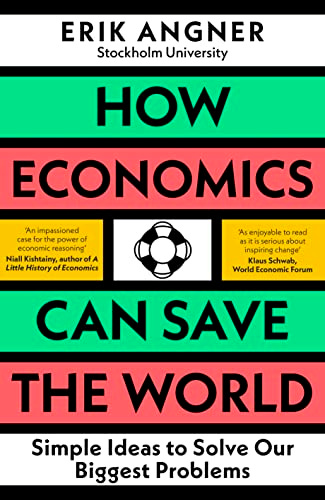Tuesday's Assorted Links
Peeps, ChatGPT, Flexibility, Communion wafers, and home runs

Hi y’all! Here are five stories from this week that contained some neat applications of economic principles or are related to teaching:
In 1954, the Peeps factory began utilizing a machine to automate the production of Peeps, resulting in a significant decrease in production time from 27 hours per Peep to just 6 minutes. [The New York Times for Kids]
ChatGPT took a popular college-level economics test and scored in the top 10% [The American Economist]
A new Student Voice survey reveals what students mean when they say they want flexibility in the classroom [Inside Higher Ed]
Communion wafers used to be produced by hundreds of communities of nuns across the US but a for-profit baker has been monopolizing the industry [The Hustle | Video]
A new study finds that climate change is leading to more home runs [NBC News]
Monday’s post looked at how rent-seeking behavior by private companies has resulted in a lack of a simpler, more cost-effective alternative for taxpayers. Companies like Intuit and H&R Block spend millions on lobbying efforts to prevent the IRS from creating a free filing alternative.
I recently finished Erik Angner's book "How Economics Can Save the World," which argues that economics has the potential to offer solutions to the world's most pressing problems, from climate change to poverty. He suggests that despite the challenges, economics provides a lens through which we can better understand how things work and design clever solutions to create conditions in which we can all flourish.
Angner argues that economics has the potential to offer solutions to the world's most pressing problems, from parenting to organ donation, housing to anti-social behavior, by providing the tools we need to fix the biggest issues of today. The book provides examples of how economic thinking can help improve our lives and create a happier, more just, and more sustainable world.






